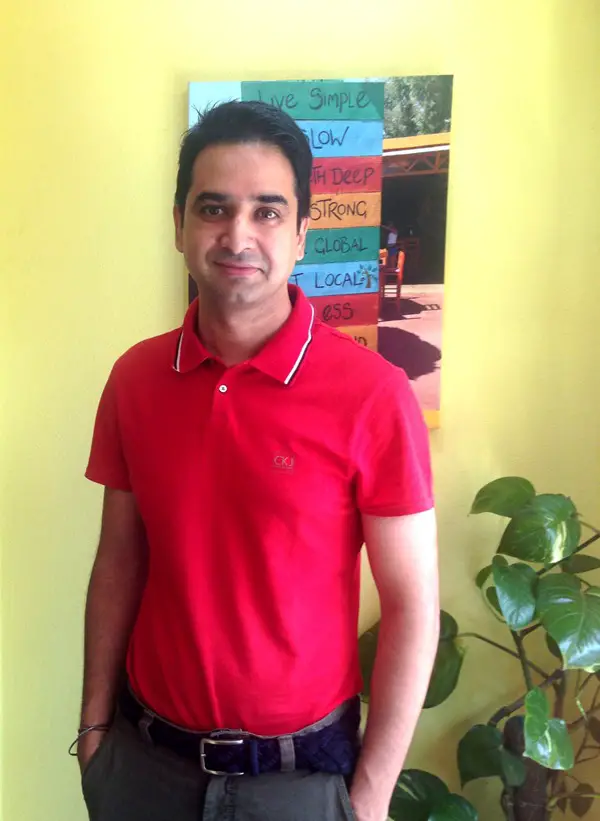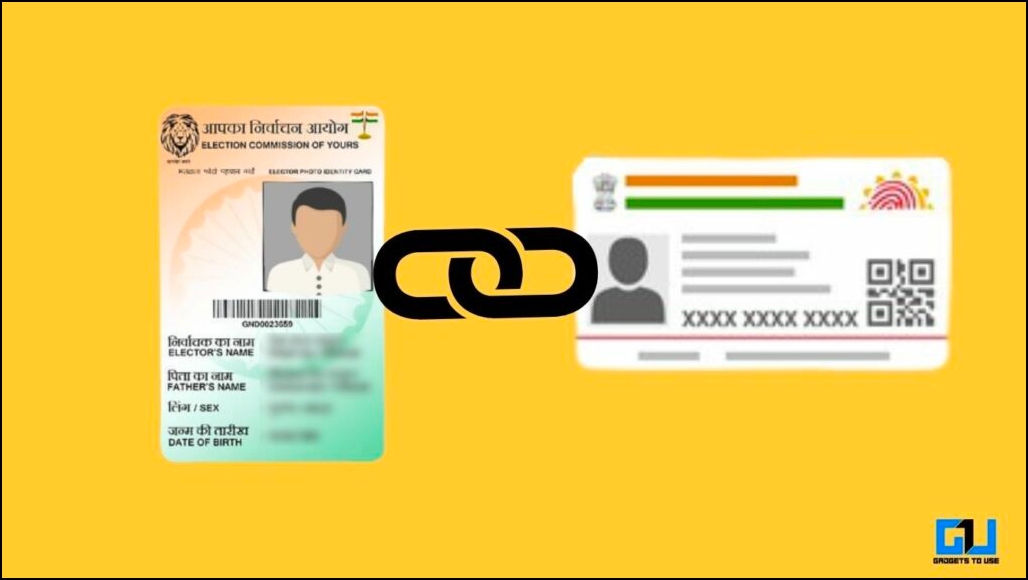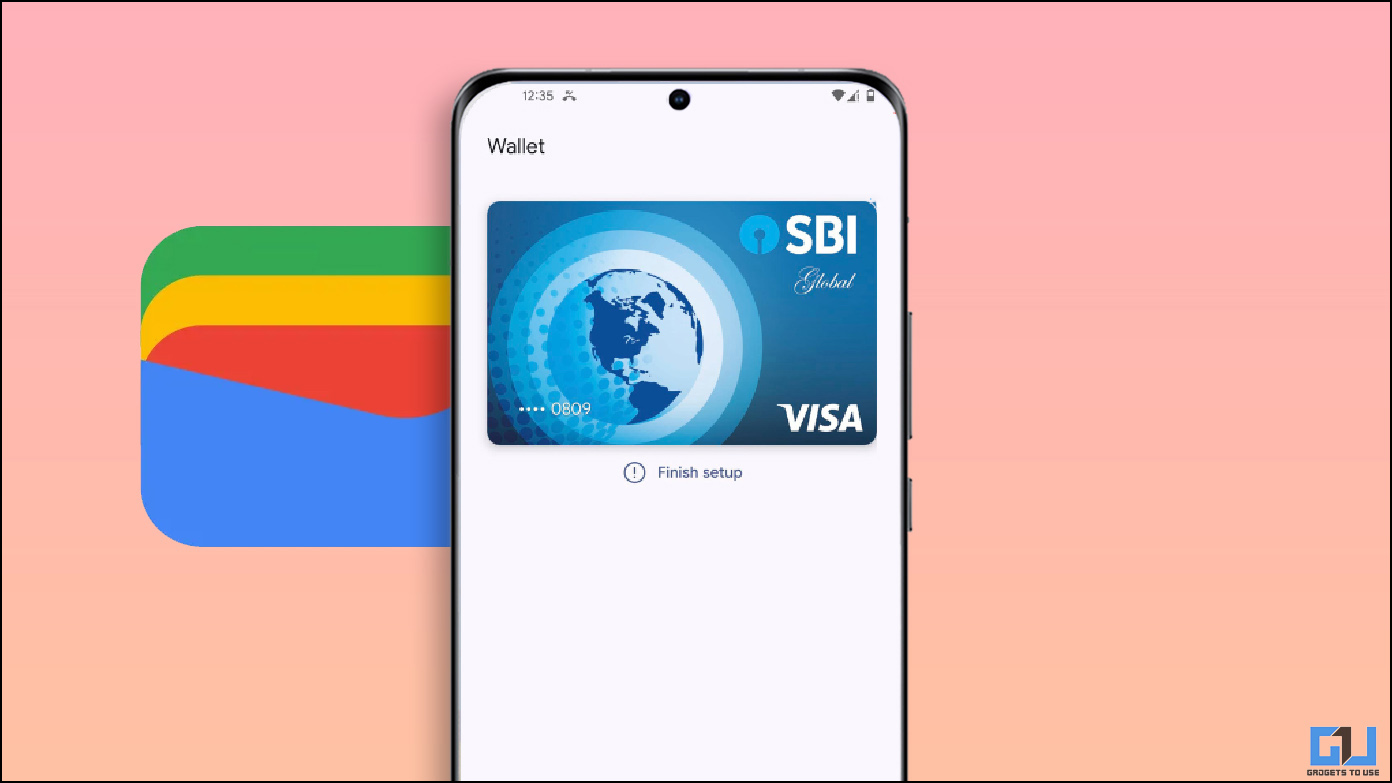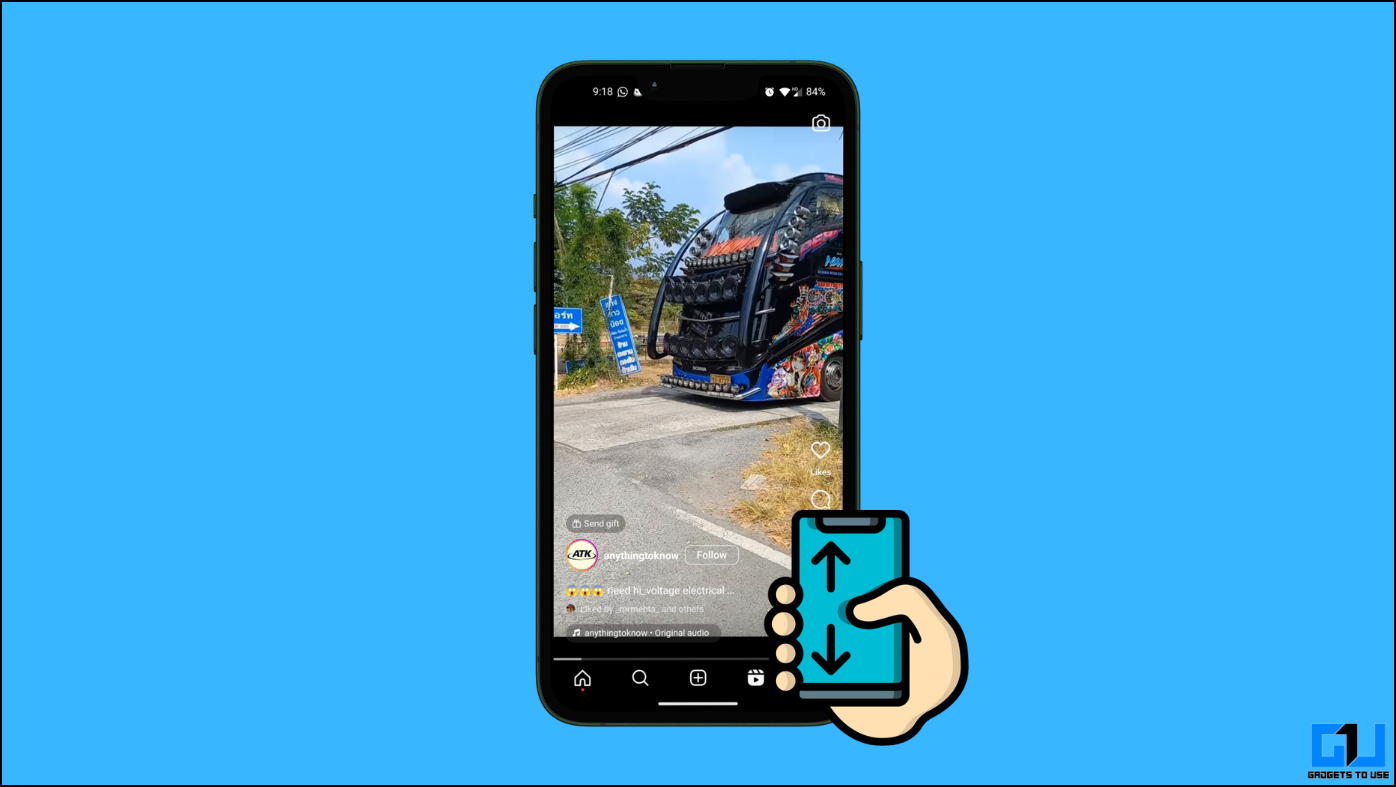Net Neutrality is still a hot topic in India following an uproar after Airtel introduced its Airtel Zero project. It wasn’t well received by budding entrepreneurs and developers and sparked a huge fire where everyone voiced their opinion. mCarbon is mobile technology solution innovator expanding at a rapid pace. All major cellular service providers are included in the clientele and the company products are targeted at enhancing telecom pay revenue, while simultaneously enriching consumer experience. Here is what Mr. Rajesh Razdan, Founder and CEO mCarbon, thinks about the concept of Net Neutrality and why consumers need not worry.
Q)What’s your take on Net neutrality? Is it something relevant to India?
A) In a country like India, prime focus should be on deeper internet penetration and then the debate of price discrimination should be addressed. Talking about my position on net neutrality I would say that while I fully subscribe to the fact that the so called info “highway” is crucial for small time business owners, start-ups and entrepreneurs who rely upon it to launch and monetize their offerings, create a market and distribute their wares, soft or hard, I also believe that the highway is equally important for large businesses that could have a separate business need (read speed, type of connectivity, quality of service etc.) for the customers and services that demand a separate handling because of nuances of the business.
While the concept of free and open internet may sound right- In practice, it is important to understand that the impact of some sites/apps that demand great bandwidth can have an adverse effect on the overall user experience. It isn’t simply a matter of profitability; the question is how to maximize the efficiency of limited bandwidth. Therefore in my opinion, ISP’s should take a more active role in managing bandwidth for the sake of optimal experiences for users’ and services. This is where a democratic regulation comes in with all interests being protected.
Q)- How does differential pricing for apps and data usage useful to users?
A) It’s like segmenting the users based on consumption model or a usage model. Its fair as long as the value of the apps are clear to the user of the app once she starts paying for the usage.
Q) Doesn’t differential pricing create a divide on internet?
A)Only theoretically it does but practically it doesn’t. Internet, like any other utility in real life, is a finite resource and users (devices, people & businesses) are dependent on not only its availability but also the efficiency. Differential pricing ensures that desired levels of quality and serviceability are available to rightful users with allowing a balanced approach to consumption models for various sets of user groups.
Q) Why Telco’s can’t treat all data apps as one?
A) One needs to understand the business operating model of a typical telecom that includes setting up very expensive network especially for data, scarce spectrum, astronomical fees and other aspects of a country where you have very disparate set of users between data consumption. Many OTT apps have eroded Telco’s basic bearer services like sms and other content types and if other apps erode voice traffic as well then there is a very different business model that Telco’s need to look into.
Q) What other revenue streams can or should Telco’s look at to be able to avoid such practices and eventually benefit end consumer?
A) Telco’s can look at data bundling options where they give unlimited data via certain services, have data gift packs hence cross sell data and also give micro loans on data to include a large chunk of target segment to be made inclusive in data revolution and hence increase the penetration.
Q) Why can’t free internet packs or programs give access to all apps at same speed, rather than just bunch of sites?
A) Simply, because a pure browsing app behaves differently than a music or a video streaming app that requires a better data connection. The customer experience hence is very different.
Q) What do you think about small App developers when things like Airtel Zero are set to kill their future?
A) I believe that any app developer whether big or small has to design an app/ service for a global user (that’s what internet promises since you are virtually available to anyone) and considering the thought, question of small app developers being killed becomes irrelevant. If Airtel zero gets implemented and in the same restrictive way as it is made to be believed, which is again something to be seen in future, all app developers will have many alternatives to explore the internet and am sure no one will benefit from that obvious exclusion.



